Radio loco-motivo beider Basel
Menschen mit und ohne Psychiatrie-Erfahrung
machen gemeinsam Radio
In der Projekt-Redaktion von Radio loco-motivo gestalten Menschen mit und ohne Psychiatrie-Erfahrung gemeinsam als Radioschaffende eine Sendung. Betroffene, Angehörige und Profis thematisieren zusammen die Psychiatrie am Radio und treten mit ihren Erfahrungen und Haltungen an die Öffentlichkeit. Zudem berichten sie in Kolumnen, Beiträgen und Reportagen über ganz unterschiedliche Themen, die sie ihrem Publikum näher bringen möchten.
Radio loco-motivo beider Basel trifft sich jeden Donnerstag in den Räumlichkeiten von Radio X. Zehn Redaktorinnen und Redaktoren erarbeiten dort Themen, planen Interviews, produzieren ihre Beiträge und tauschen sich zu den Live-Sendungen aus. Diese Treffen im Studio schaffen ausserdem Begegnung: Die Redaktion kann hier ihre Interview-Gäste empfangen und trifft auch auf Sendungsmacher/innen anderer Redaktionen.
Ein Projekt der Radioschule Klipp+Klang in Zusammenarbeit mit den Universitären Psychiatrischen Kliniken Basel UPK, der Psychiatrie Baselland PBL, dem Gesundheitsdepartement Kanton Basel Stadt und der Stiftung Rheinleben
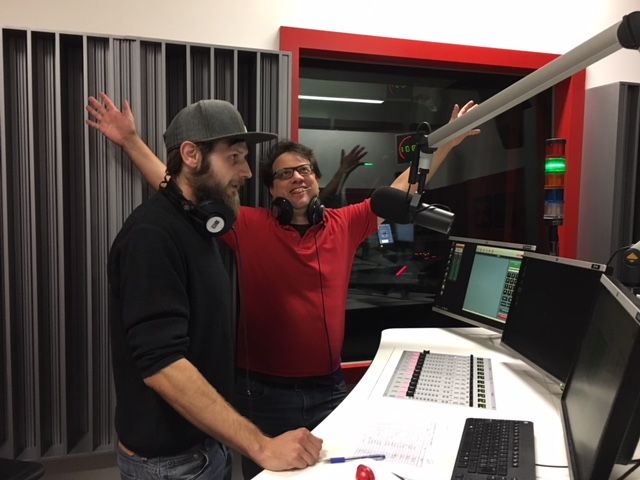
OnAir
Am 2. Donnerstag des Monats von 18 - 19 Uhr auf Radio X.
Wiederholung jeweils am folgenden Samstag 13 - 14 Uhr.
Sendreihe
Am 13. April 2017 ging die erste Sendung von Radio loco-motivo beider Basel über den Äther. Die ersten Sendungen wurden vorproduziert, seit Oktober 2017 heisst es jeden zweiten Donnerstag live on Air: «Dir loosed Radio loco-motivo uf Radio X!» In der Schweiz gibt es vier Redaktionsgruppen von Radio loco-motivo: Bern, Winterthur, Solothurn und Radio loco-motivo beider Basel.
Jahresbericht Radio loco-motivo beider Basel 2017
Medienmitteilung vom 4. April 2018: Ein Jahr Radio loco-motivo beider Basel
Medienmitteilung vom 8. April 2017: Erste Sendung auf Radio X
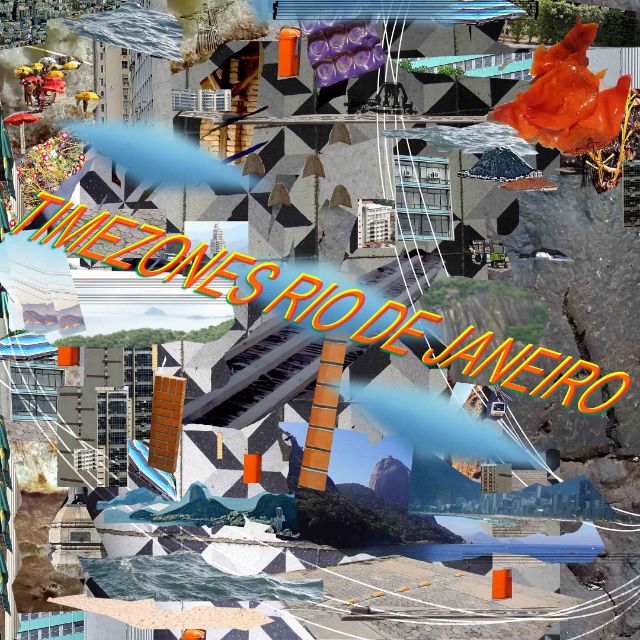
TIMEZONES: Staying Creative Between Beauty and Chaos in Rio de Janeiro
Episode 5 der TIMEZONES Podcast-Reihe auf Radio X, co-produziert von Norient und dem Goethe Institut: In dieser Folge wird untersucht, wie Rio de Janeiro seine Musik im Laufe der Jahrhunderte geformt und seine Zukunft durch den Blickwinkel der Künstler:innen, Kreativschaffenden und Gelehrten gestaltet. von Danielle Bürgin
23.06.21 Rio de Janeiro
Staying Creative Between Beauty and Chaos
Hinter den Postkartenlandschaften und den klischeehaften Bildern von Karneval, Stränden und schönen Frauen verbirgt sich eine rätselhafte und teilweise kaputte Stadt. Rios musikalische und kreative Identität, wie Samba und Karneval, scheint sich ständig zu wandeln und mit traditionellen Formen zu flirten. Doch gleichzeitig steckt eine Geschichte von Kämpfen dahinter, die mit afro-brasilianischen musikalischen und religiösen Ausdrucksformen verbunden ist.
In einem herausfordernden Moment der Krise - bedingt durch die Pandemie und durch die politische Situation - verbinden Künstler:innen in Rio diese Identitäten. Ziel ist es, am Leben zu bleiben - gesund und vor allem kreativ zu bleiben.
Hör die weitere Folgen von TIMEZONES auf Radio X an.
English:
This episode of the TIMEZONES-Podcast-Series explores how Rio has shaped its music over the centuries and invented its future through the vision of artists, creators, and scholars. Behind the picture-postcard landscapes and the stereotypical images of carnival, beaches, and beautiful women lies an enigmatic and broken city: Rio de Janeiro.
Rio’s musical and creative identity, such as samba and carnival, seems to be ever transforming and flirting with traditional forms, yet at the same time, those forms have a history of struggle, intimately connected to Afro-Brazilian musical and religious expressions. In a challenging historical moment of crisis, a pandemic and political ruthlessness, artists in Rio are integrating those identities with the most immediate needs and perceptions of reality. The goal is to stay alive, sane and, most of all, creative.
QUOTES
«This is a Paradise and hell city. It’s beauty and chaos, at the same time. It’s true! Natural beauties, beaches, rivers, mountains and, also, a very huge social clash.» Domingos (Opavivará)
«Samba was persecuted, it was a source of embarrassment for a lot of rich, wealthy, Eurocentric Brazilians, but in many ways, it won out. So a lot of the urban spaces that were designed to keep out Black Brazilians and poor Brazilians became the spaces that are now used for street ‹blocos› (carnival blocks) that are now central to grassroots samba during carnival.» Bruno Carvalho
«Fashion was not something that included us Black people in the scene.» Thaís Delgado
«It’s unbelievable that we have such a fascist dictator in power because that’s what he is. It’s a big lie! They are conservatives, they are racists, they are homophobes, they use the religion to manipulate poor people. They want to destroy everything, they want to sell the whole country, they don’t give a damn to the nature, they don’t give a damn to the indigenous people from Brazil.» Sabrina Fidalgo
«Rio is definitely a spiritual place. Being at the beach, being at the mountains, being around the nature is a very spiritual experience.» Ynaiê (Opavivará)
CREDITS
A podcast by Vivian Caccuri (director, idea, interviews)
Music: Vivian Caccuri, Thiago Lanis
Co-initiated and co-produced by Norient and the Goethe-Institut
Featuring: Thiago Lanis, Domingos Guimaraens and Ynaiê Dawson (Opavivará), Cabelo Cobral Coral, Thaís Delgado, Bruno Carvalho, Sabrina Fidalgo
Bonus Talk: Daniel Limaverde
Go to the TIMEZONES-Podcasts on norient.com


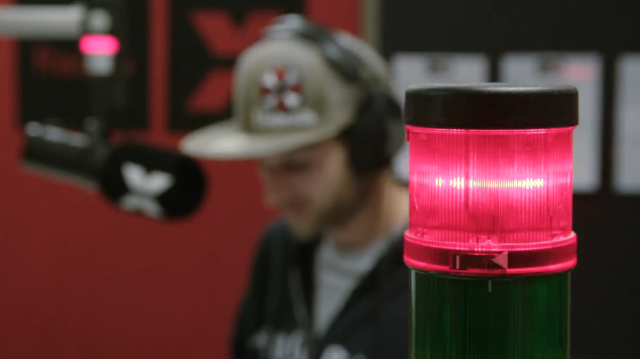
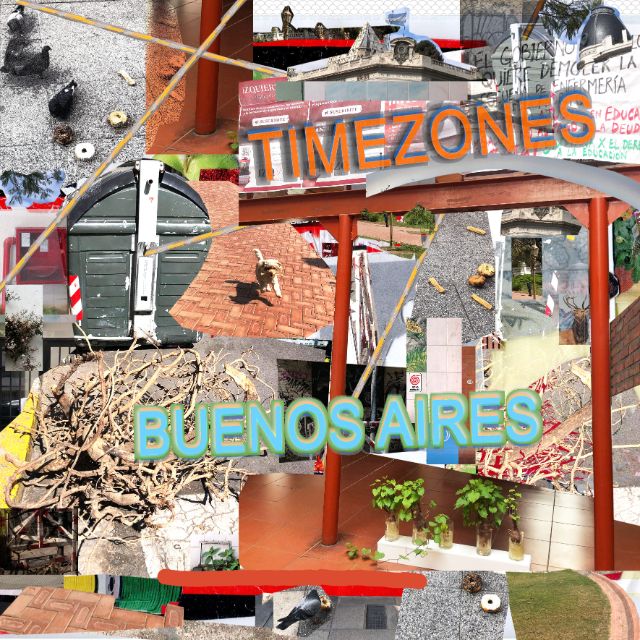
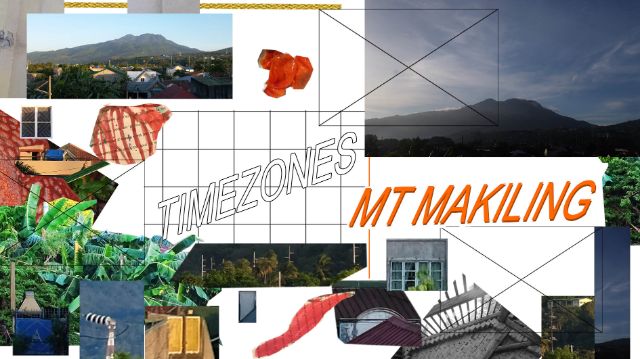

.png/jcr:content/magnolia-medium.png)

